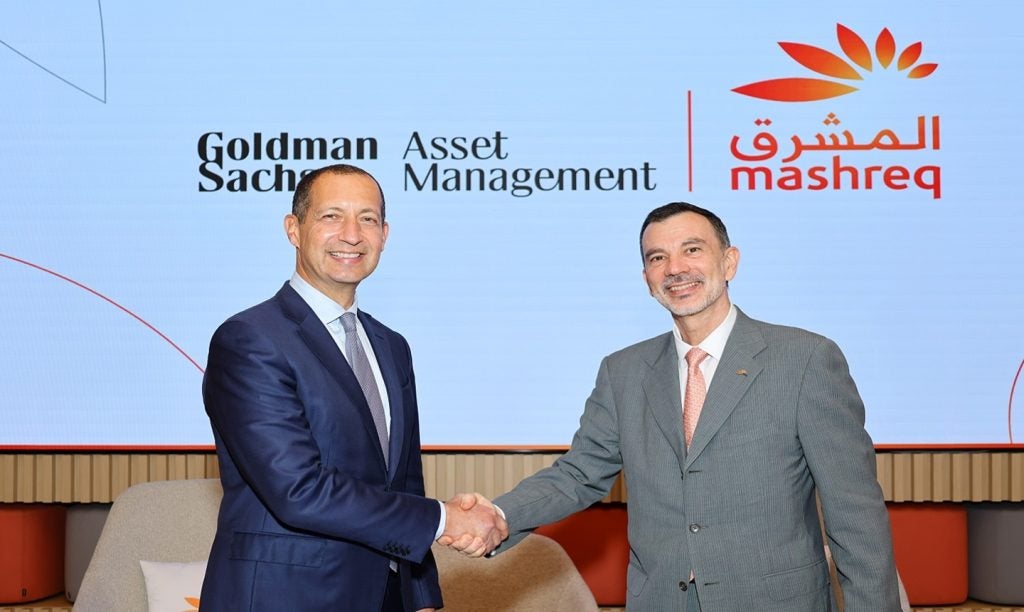As a new generation of philanthropists rises, the dynamics of giving are becoming significant factors affecting wealthy clients’ relationships with private banks. Rebecca Eastmond, EMEA head of philanthropic services, JP Morgan Private Bank, talks to Meghna Mukerjee about channelling philanthropic activity effectively
Philanthropy may be a small part of a wealthy clients’ portfolio but it is an increasingly crucial part. Private banks with the correct know-how and contacts can make a huge difference to their clients’ philanthropic lives.
However, a key job for philanthropy advisers is to primarily find out what their clients really care about and "help them find their passion", says Rebecca Eastmond, EMEA head of philanthropic services, JP Morgan Private Bank.
Eastmond, who joined JP Morgan six years ago as part of the private bank’s UK operations, informs that charitable giving is growing globally and has done so for over seven years. However, the degree and nature of giving differs across geographies.
Circumstances and sentiments
According to Eastmond, everybody has the impulse to help. It is the circumstances that determine what clients can realistically do.
Philanthropic inclinations differ based on several factors, one of them being the government’s role in welfare.
"People in the US give a lot, but you have to look at it in the context of ‘what does the state provide?’ Compared to some European countries with a strong welfare system, there is a very clear need for US individuals to get involved in the community.
"I do a lot of work in Scandinavia. Initially, people would say to us, ‘there’s no giving in Scandinavia’, but actually we find that our Scandinavian clients are very philanthropic and strategic in what they do. However, many of them focus on supporting causes in the developing world rather than at home" says Eastmond.
"Additionally, how philanthropists seek to effect change varies from country to country. To take an extreme example, if the country you are from has issues with corruption at government level, you are unlikely to try to influence policy.
"Whereas in a country like the UK where the system is stable, to influence policy change, you can put in effort to influence government, and that actually means something," she adds.
Team spirit
JP Morgan Private Bank established its UK philanthropy team six years ago. It draws from 50 years of experience in providing philanthropic services globally.
"If you open an account with us, you don’t get one person – you get a team of people. We make sure we provide the best advice you need," says Eastmond.
At the time of launch, JP Morgan surveyed clients around what they want in the UK for philanthropic services.
The response proved that clients wanted to give more than they were. There were barriers to giving, however, and an important one was having fewer opportunities to learn from others.
Thus, JP Morgan regularly arranges small discussions for wealthy clients to get to know each other and potentially collaborate.
"Within our network of clients, we have some of the most thoughtful and innovative philanthropists in the world. We bring people together to discuss both broad themes around philanthropy and niche topics.
"We have organised dinners on a wide range of topics – from marine conservation to social entrepreneurship to criminal justice to domestic violence. When two clients leave one of our discussion dinners and go on to build something together, you know you’re on to a winner," says Eastmond.
Trends – passing and present
Eastmond joined JP Morgan when the global financial crisis had just begun. Giving continued through the recession and what philanthropy learned from it, according Eastmond, is the effectiveness of money.
Currently, more clients are thinking about effectiveness. "Everyone knows the value of effective philanthropy – some of that comes through examples such as Bill Gates and Warren Buffet."
A progressing trend visible in philanthropy is that of wealthy individuals backing small businesses. "If you’re an entrepreneur, you really understand business. Both in the UK and internationally, we have clients who are involved in mentoring and financial support," informs Eastmond.
While social impact investing is also a growing trend, the market for it is still nascent, notes Eastmond. "It is part of more people’s portfolios, and demand for product in this area is growing significantly. But if you look at what’s out there as investible propositions, there is a long way to go in terms of scale and track record. In time, as the market develops, more people will get involved and the sector will become more and more mainstream."
Another ongoing trend is the simultaneous global-local aspect of philanthropy, from "large-scale giving to targeted, community based giving".
This trend partly owes its popularity to the steady rise of self-made wealthy individuals entering the philanthropic spectrum, highlighting different mindsets people have towards giving – broadly based on inherited and self-made wealth.
"On one hand, there is the mindset of stewardship. These clients feel: ‘I’ve been handed something precious. Part of my role in society is to care for others. I need to stay in wealth and ensure the next generation can keep it going.’
"Set against that, there are a lot of our clients who have made money themselves. They feel wealth comes with a greater responsibility – some of that might be ensuring their children are able to thrive, and some might be ensuring others who are less fortunate have opportunities to succeed.
"Part of what we need to do is to make sure everybody has the right mindset," explains Eastmond.
Starting young
Gearing the next generation up for philanthropy from as young as six years is increasingly interesting to clients, adds Eastmond.
"There is a massive generational transfer of wealth now underway in the US and Europe. The effect of this affects not just those
inheriting now, but also their children. If you have small children, how do you teach them to use money as a positive force?
"A great way to grasp the value of money is to understand the idea of giving it away, because you can see what it means.
"We worked with a few families last year on programmes for children – mainly aged 8-16 years. The kids created a list of what they care about.
"We found some themes that tended to appeal to the children: they care about the environment, about issues that they see close to home – like homelessness, and about other children who are less fortunate than themselves."
The key is to give the children opportunity to take responsibility for making decisions and arranging gifts.
A small pot of money is arranged and the children decide how best to use it. One simple way to do this is to work with a community foundation to source local projects that the kids can really understand, and where a small gift will make a big difference – whether that is planting orchards to providing facilities for the local park.
"Many of us may not even know what’s going on three streets down from where we live," says Eastmond.
Another side of getting the next generation involved is through enabling older children to think about what they will do with their gap years, or how they can volunteer.
"Last year we also worked with children of wealthy families – people in their 20s and early 30s – who were taking on responsibility for their family businesses’ philanthropic activity. They take the foundation work seriously. They’re not only thinking about giving money away, but also about how the company itself operates."
Acknowledging excellence
JP Morgan Private Bank is sponsoring the Beacon Awards for Philanthropy. The awards have been running for 12 years in the UK. Winners this year will be announced on 21 April.
Eastmond, who is on the judging panel, says: "The Beacon Award is a prize for inspirational philanthropy. What it does, through a laborious process, is bring together examples of great philanthropic practice so that people who are doing good things can act as role models for others.
"It provides positive messages around giving and what that does for societies. The nomination process is complex. A shortlist of above a 100 people is created and approximately 12 awards are made."
Eastmond says what she has learnt from the process is that HNWIs and UHNWIs are becoming "really strategic" with their giving.
"Even though it is money they are giving away, one thing that I think all of the winners have in common is that they treat it as investment – with a business strategy."
Going forward, a growing area of interest for wealthy clients is giving to environmental and conservational causes.
"It’s really fundamental and it’s hard to think about what an individual can do as these are big issues.
"We at JP Morgan are developing our own understanding of the complexities in this area along with our clients, and arranging educational sessions with experts,"
says Eastmond. <







